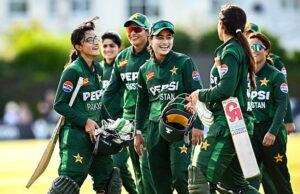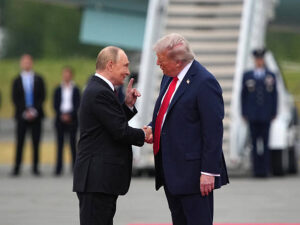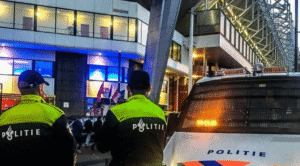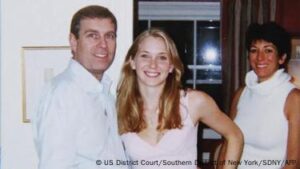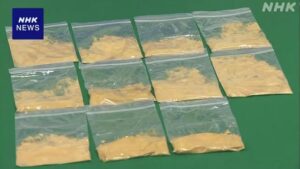India and Canada have expelled their top envoys and other diplomats after Justin Trudeau’s government accused Indian agents of engaging in “murders, extortion and acts of violence” on Canadian soil.
Canadian police said the criminal activity specifically targeted supporters of the pro-Khalistan movement, which seeks to create a separate homeland for Sikhs in India.
Authorities said about a dozen agents were involved, but did not confirm whether they were directly linked to the killing of Sikh separatist leader Hardeep Singh Nijjar in Canada in June 2023.
Delhi dismissed the allegations as “absurd”.
Read more:
Canada withdraws 41 diplomats from India
Trudeau says Canada-India ties are important despite row
How ties between India and Canada have degenerated into a public dispute
Relations between Delhi and Ottawa have been strained since Trudeau said Canada had credible evidence linking Indian agents to Nijjar’s murder. The dispute has led to a deterioration in relations, with India asking Canada to withdraw dozens of its diplomats and suspend visa services.
On Monday, a furious statement from India’s foreign ministry said Canada’s claims were influenced by Sikh separatist activists and warned that action would be taken, without specifying what nature it would be.
“India now reserves the right to take further action in response to these latest attempts by the Canadian government to fabricate charges against Indian diplomats,” he said.
Delhi also defended its senior commissioner Sanjay Kumar Verma, referring to his “distinguished career of 36 years”.
“The calamity the Canadian government has launched against him is ridiculous and deserves to be treated with contempt,” he said. Canada did not immediately respond to Delhi’s statement. The country’s chief of mission in Delhi, Stuart Wheeler, was called by the Indian Foreign Office to explain Canada’s decision.
“It was reported that the baseless targeting of the Indian High Commissioner and other diplomats and officials in Canada was completely unacceptable,” the ministry said in a statement.
“We do not trust the current commitment of the Canadian government to ensure their security. Therefore, the Indian government has decided to recall the high commissioner and other diplomats and officials targeted.”
Hardeep Singh Nijjar was gunned down by two masked gunmen outside a Sikh temple he ran in Surrey, British Columbia. He had been a strong supporter of the Khalistan movement, which calls for a separate Sikh homeland, and had publicly campaigned for it.
In the past, India has described him as a terrorist who led a separatist militant group – accusations that his supporters have called baseless.
Canadian police called his killing a “targeted attack.”
In September 2023, Trudeau told the Canadian Parliament that claims of Indian involvement in the killings were based on Canadian intelligence.
He called the act a violation of Canadian sovereignty. India strongly denied all the allegations and argued that Canada had not provided any evidence to support its allegations.
Cold relations between the two countries seem to have eased slightly after India resumed visa processing in October 2023.
But last week, Canadian Foreign Minister Mélanie Joly described the country’s relationship with India as “strained” and “very difficult.”
She also said there was a threat of more killings like Nijjar on Canadian soil.
